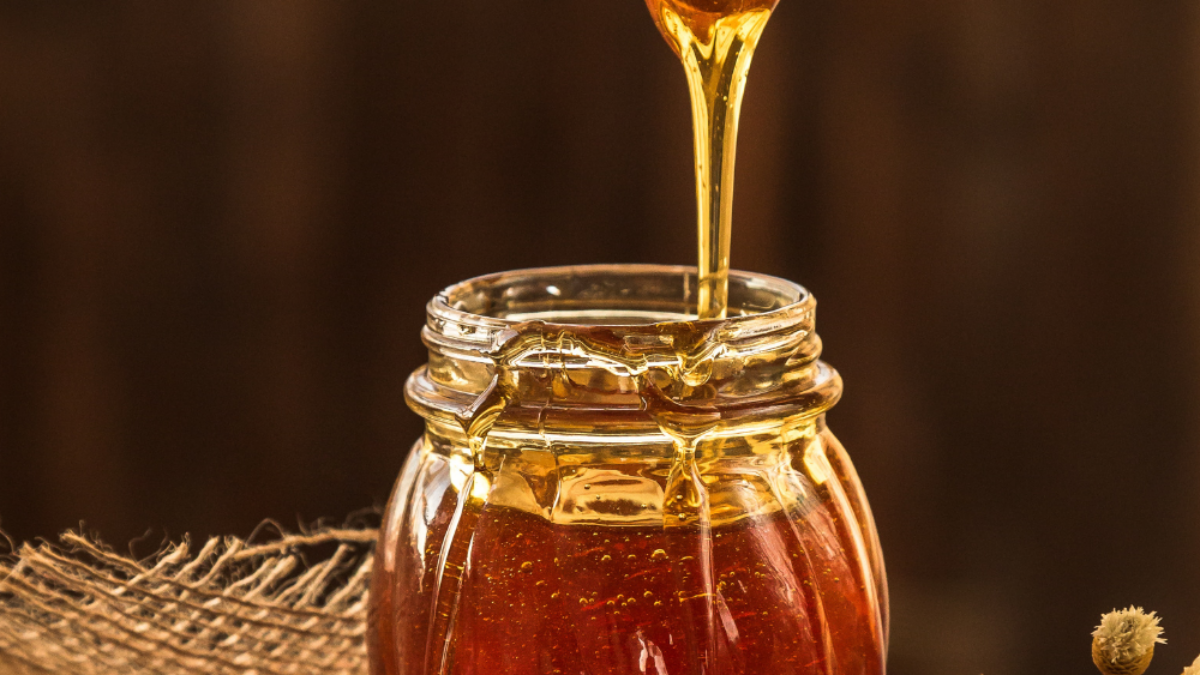Honey holds special significance in Greece, from both a nutritional and cultural point of view, with a history dating back to antiquity.
This is a natural sweet substance produced by bees, mainly through the collection and processing of plant nectar.
Greece is known for its variety of honeys, each with its unique flavour, aroma and nutritional characteristics. In fact, Greek honey is considered by many to be of superior quality due to the biodiversity of the Greece’s countryside, its climatic conditions and its traditional production methods.
Greece produces honey varieties with Protected Designation of Origin (PDO), such as Thyme Honey in Crete, Pine Honey in Chalkidiki and Vanilla Fir Honey in Mainalo.
Honey is used in a wide range of recipes in the Greek diet. For example, it is found as a natural sweetener in traditional sweets, such as Greek honey rolls (diples) and melomakarona, while it is often combined with yoghurt and nuts.
From a nutritional point of view, honey consists primarily of carbohydrates, and specifically simple sugars.
| Nutritional Value of Honey | per portion: 1 tablespoon (20 g)1 | RDI per serving2 | |
| Kcal | 60.8 | 3.0% | |
| Fat (g) | 0.0 | 0.0% | |
| Saturated fat (g) | 0.0 | 0.0% | |
| Carbohydrates (g) | 16.5 | 6.0% | |
| Fiber (g) | 0.0 | 0.0% | |
| Sugar (g) | 16.4 | 18.2% | |
| Protein (g) | 0.1 | 0.2% | |
| Salt (g) | 0.0 | 0.0% | |
| 1 Values are based on the U.S. Department of Agriculture (USDA) nutrient database.[1] 2 The percentage of Recommended Daily Intake (% RDI) shows how much of the recommended daily intake of each nutrient is contained in a single serving. Calculations are based on U.S. Food and Drug Administration (FDA) daily values, based on 2,000 Kcal per day for an average healthy adult. Depending on an individual’s energy needs, % RDI can be lower or higher. | |||
The majority of the various honey varieties contain little or no fat, while containing small amounts of protein.
Honey also contains small amounts of vitamins, mainly B vitamins, and minerals such as iron, phosphorus and potassium.
Finally, honey supplies us with antioxidants such as flavonoids and phenolic acids, which are beneficial to our health.
Honey consumption has been shown to have beneficial effects. Specifically, honey can be a natural source of energy during the day and provide relief from mild gastrointestinal symptoms such as abdominal pain. [2]
Honey may also have benefits in treating coughs and the common cold due to its antibacterial action. Drinking chamomile tea, black tea, or hot water with lemon and honey appears to help relieve sore throat.
Honey also has other purported beneficial properties, such as that it supports good heart health and displays anti-cancer action. Of course, the scientific data so far are not sufficient to support such effects.
But it should be stressed that, in Mediterranean Diet Pyramid, although honey is not expressly mentioned, it is classified in the category of sweets, for which limited consumption is recommended.
In conclusion, honey can be a sweet, more nutritional alternative to sugar, with multiple nutrients, always consumed in moderation and as part of a balanced diet.
BIBLIOGRAPHY
[1]USDA. Food search. Honey. Available at: https://fdc.nal.usda.gov/fdc-app.html#/food-details/1103956/nutrients. (Accessed October 2024).
[2] Samarghandian S, Farkhondeh T, Samini F. Honey and health: A review of recent clinical research. Pharmacognosy Res. 2017, 9(2): 121–127. doi: 10.4103/0974-8490.204647.










